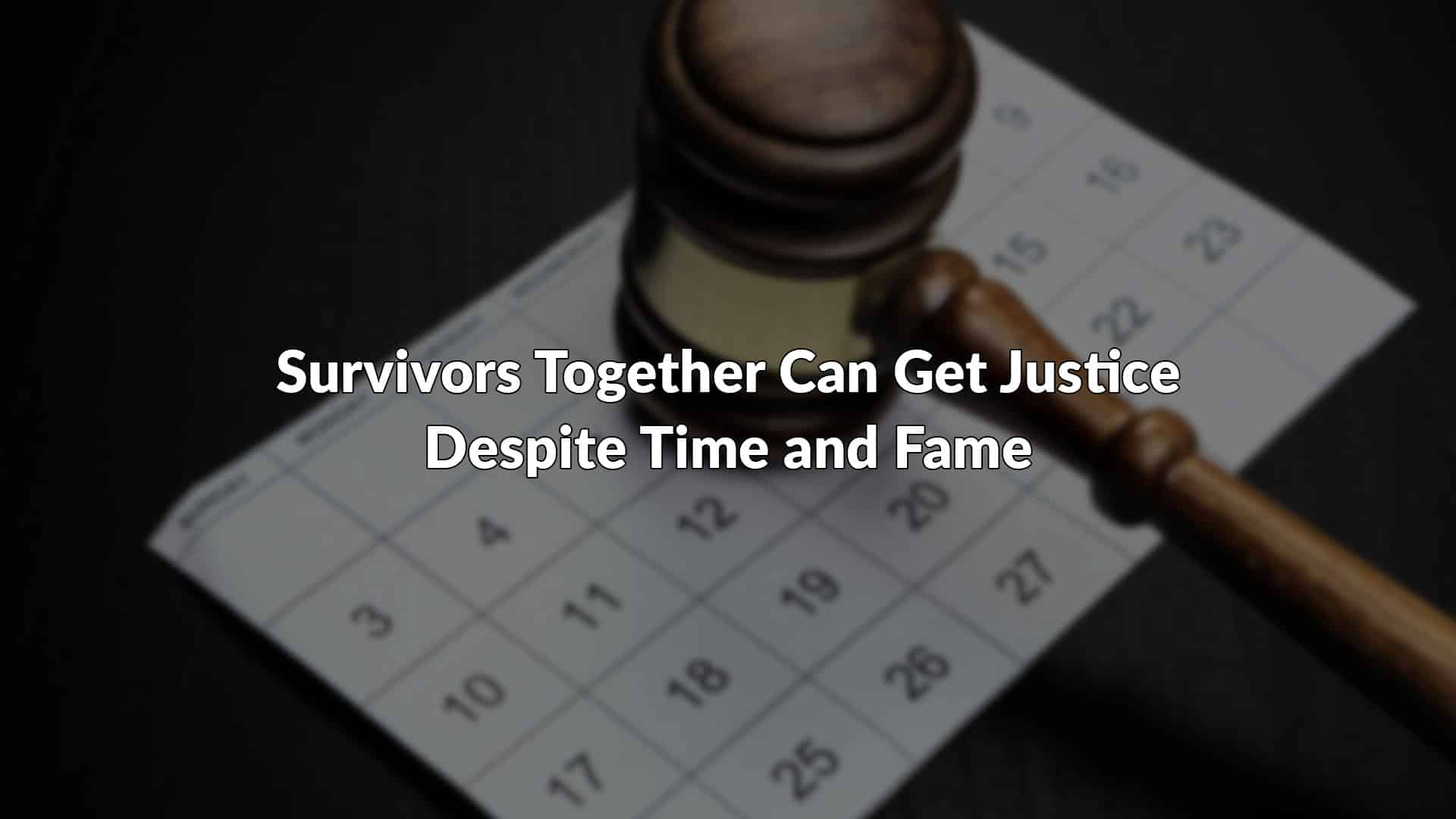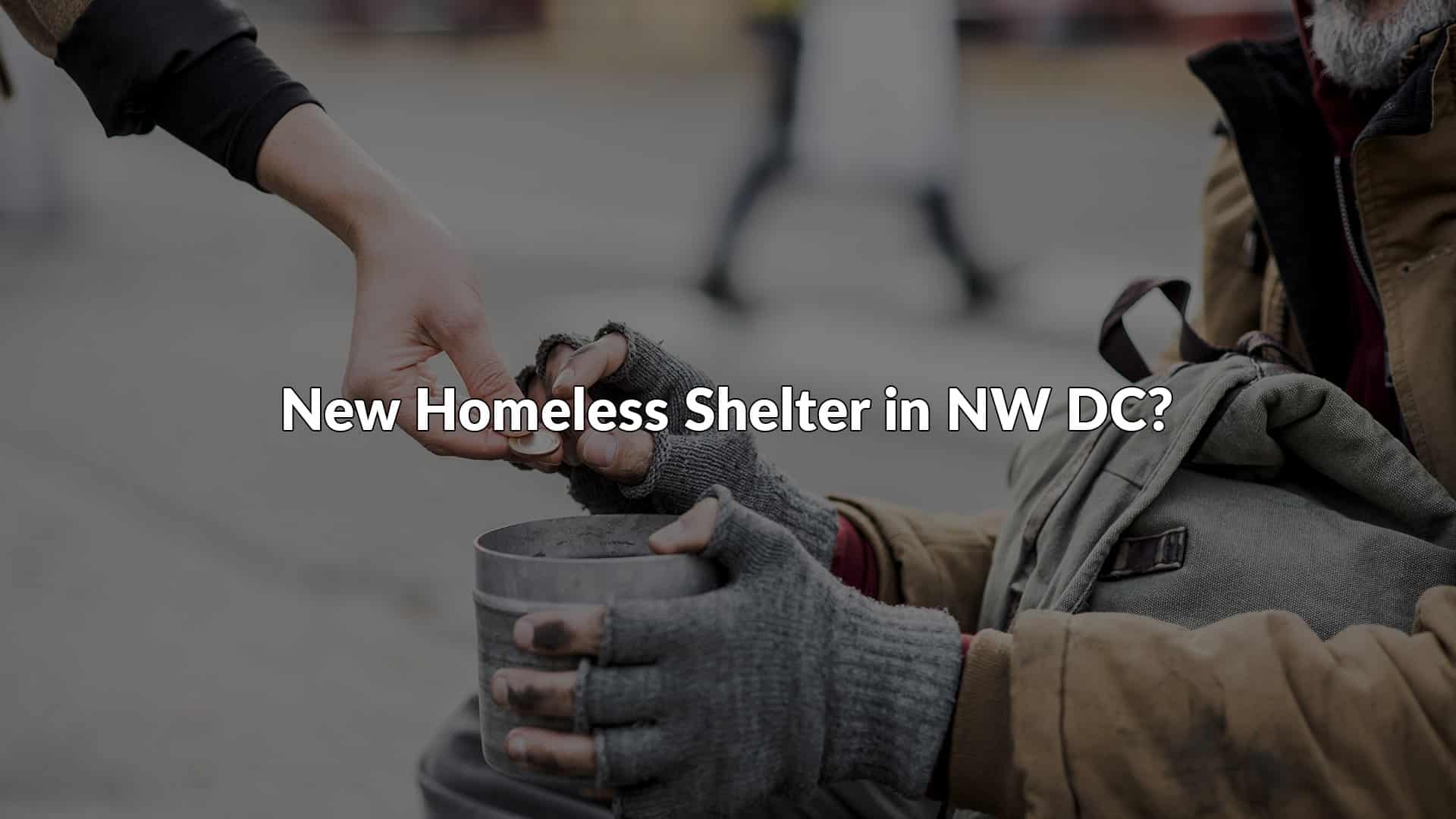Author’s Note: This is the first part in a multi-part blog series exploring sex work in the DC metro area. Stay tuned for more posts about different aspects of sex work, challenges that sex workers face, and updates on policy changes which may impact sex workers.
In most of the United States, commercial sexual exchange, otherwise known as prostitution or sex work, is illegal. Its illegality means that sex workers can receive criminal punishments for their actions. Sex work can be performed by anyone, and an individual can enter into sex work by choice, coercion, or circumstance. In addition to the different reasons that someone may enter into sex work, there are many different types of sex work – for example, involvement could be through street prostitution, soliciting online, webcams, stripping, and sugaring. However, in some places, such as New Zealand and Denmark, sex work of all kinds is decriminalized, and DC may be looking towards this legal model.
Decriminalization is defined as lifting penalties for actions taken, however decriminalization does not regulate or legislate what constitutes sex work or how individuals may engage in sex work. Decriminalization is different from legalization because, unlike legalization, there are no regulations or registration of independent sex workers. However, decriminalization does not provide specific employee protections, such as safe working environment regulations or wage and hour regulations. A decriminalized model may seem like nothing would change except fewer sex workers in jail, but there are many additional possible positive indirect outcomes of decriminalization.
For the most part, the relationship between police and sex workers in DC is currently one of distrust, which can lead to dangerous situations for sex workers. Abusive buyers currently have the assumption that sex workers will not turn to law enforcement to report rape or violence because they know the sex worker is selling sexual services illegally. However, if the selling of sex were decriminalized, then sex workers who are victims of abuse or violence would have the option report the buyers without fear of arrest and therefore not only make their own activities safer, but the activities of other workers who might encounter the same abusive buyers.
Furthermore, sex workers will be able to easily carry condoms if the selling of sex is decriminalized. Previously, a person who had a large number of condoms could be held in suspicion of prostitution and therefore stopped by law enforcement for questioning. This led to unsafe practices by sex workers because they would not carry condoms out of fear of arrest. Recently, DC police began changing their behavior to convince residents that the Metropolitan Police Department is no longer profiling or arresting individuals based on the number of condoms someone has on his or her person, but this is still a good example of how the treatment of sex workers is left to the discretion of the police in many cities. However, with decriminalization, there would be no threat to carrying condoms and sex workers could engage in safer sexual practices.
Next, it is possible that the decriminalization of prostitution will allow for individuals wishing to leave sex work to make an easier exit. When new criminal records for prostitution are no longer created, it allows individuals to leave sex work more easily. Many sex workers who have been arrested have difficulty leaving sex work due to background checks that employers may run on applicants, so they are unable to get different employment. If DC were to decriminalize sex work, many of these individuals would not be restricted to doing sex work if they wanted to leave the profession, because the institutional barriers that stopped them in a criminalized model have been lifted.
Finally, it is important to address the fear that that removing criminal penalties for sex work would increase sex trafficking in the District. According to one study, after decriminalizing sex work there was an increase in the number of individuals who were trafficked. Despite the appearance of an increase in sex trafficking, the data could be misleading. When sex work is illegal, it is harder to determine who is voluntarily participating in sex work and who is not. Individuals have a more difficult time disclosing voluntary involvement when that means outing themselves as having broken the law. It is important to note however, that sex trafficking persists within criminalized, legalized or decriminalized frameworks. It will take more than a change in the legal framework to eradicate sex trafficking.
It is important that DC does not punish those who are involved in voluntary sex work for the sole purpose of the prevention of trafficking, especially when decriminalization will not solve the issue of sex trafficking. The decriminalization of the selling of sex in DC may increase individual sex workers’ health and safety, and may also increase the collective health and safety of residents in the DC-metro area. Individuals engaging in sex work deserve to have safe work spaces the same way everyone else does, and decriminalization will hopefully bring them one step closer to that goal.
2. Human Rights Watch, “Sex Workers at Risk: Condoms as Evidence of Prostitution in Four US Cities,” Human Rights Watch, July 19 2012, https://www.hrw.org/report/2012/07/19/sex-workers-risk/condoms-evidence-prostitution-four-us-cities.
3. Melissa Gira Grant, “How D.C. Finally Stopped Punishing Sex Workers for Carrying Condoms,” June 19 2014, https://www.citylab.com/equity/2014/06/how-dc-finally-stopped-punishing-sex-workers-for-carrying-condoms/371582.
4. Cho, Seo-Young and Dreher, Axel and Neumayer, Eric, “Does Legalized Prostitution Increase Human Trafficking?” (January 16, 2012). World Development, 41 (1), 2013, pp. 67-82. Available at SSRN: https://ssrn.com/abstract=1986065.



